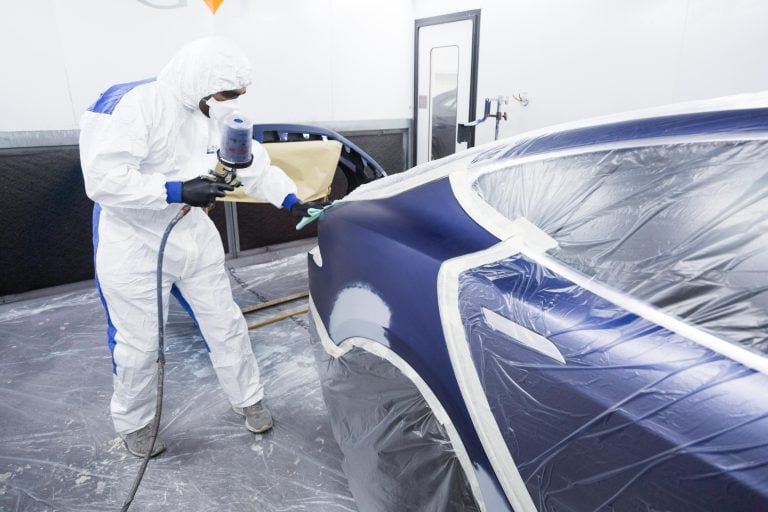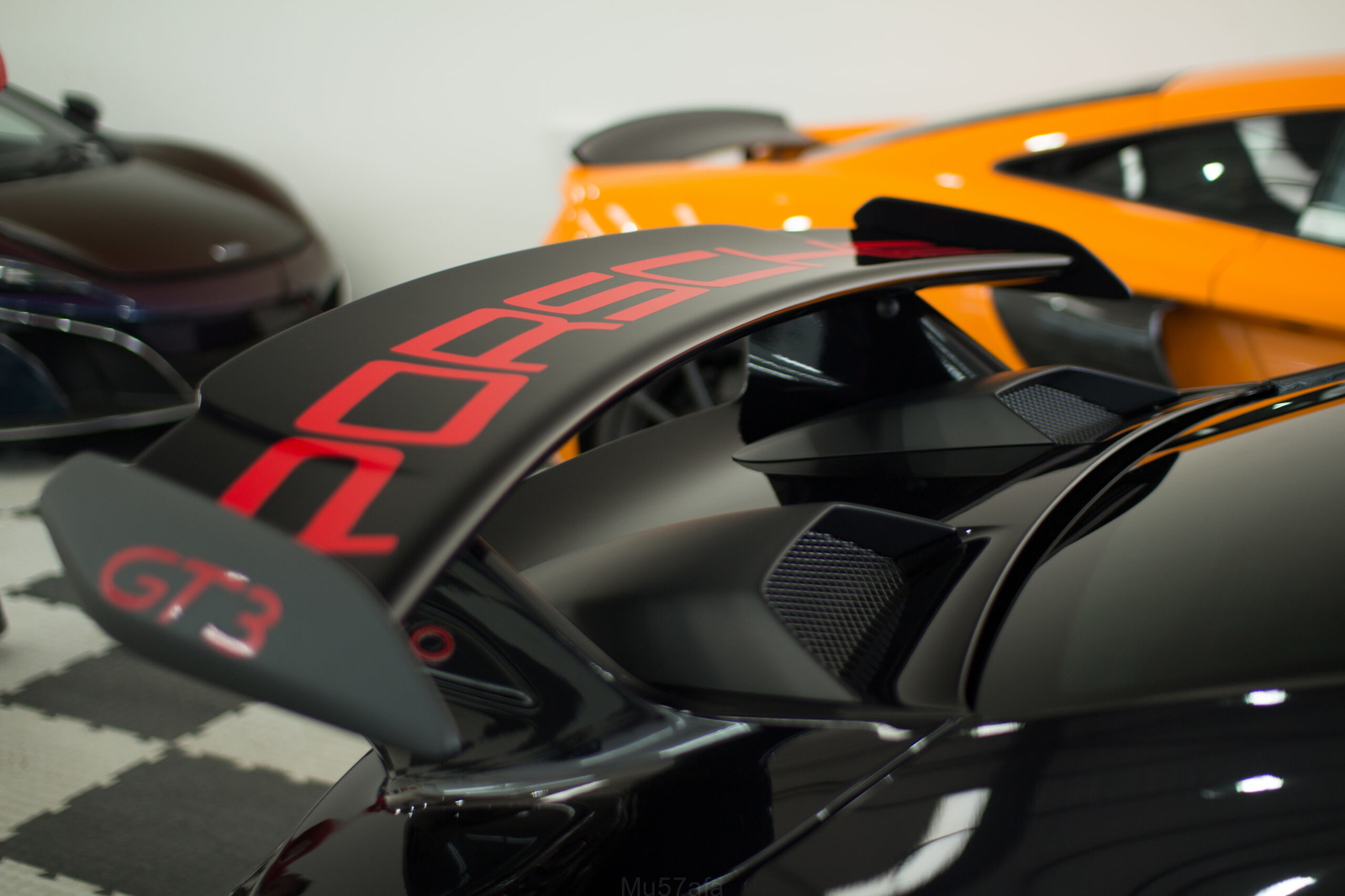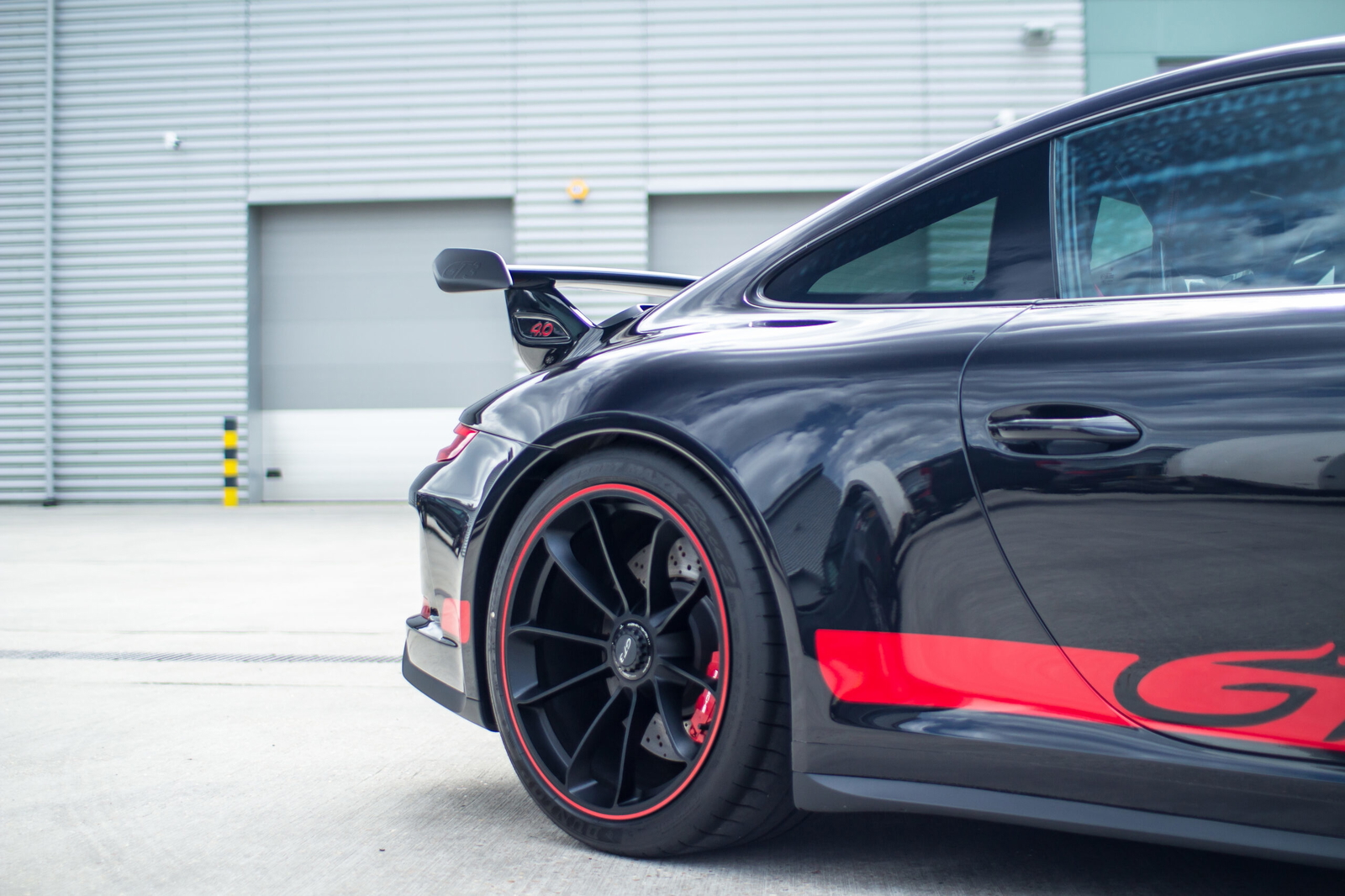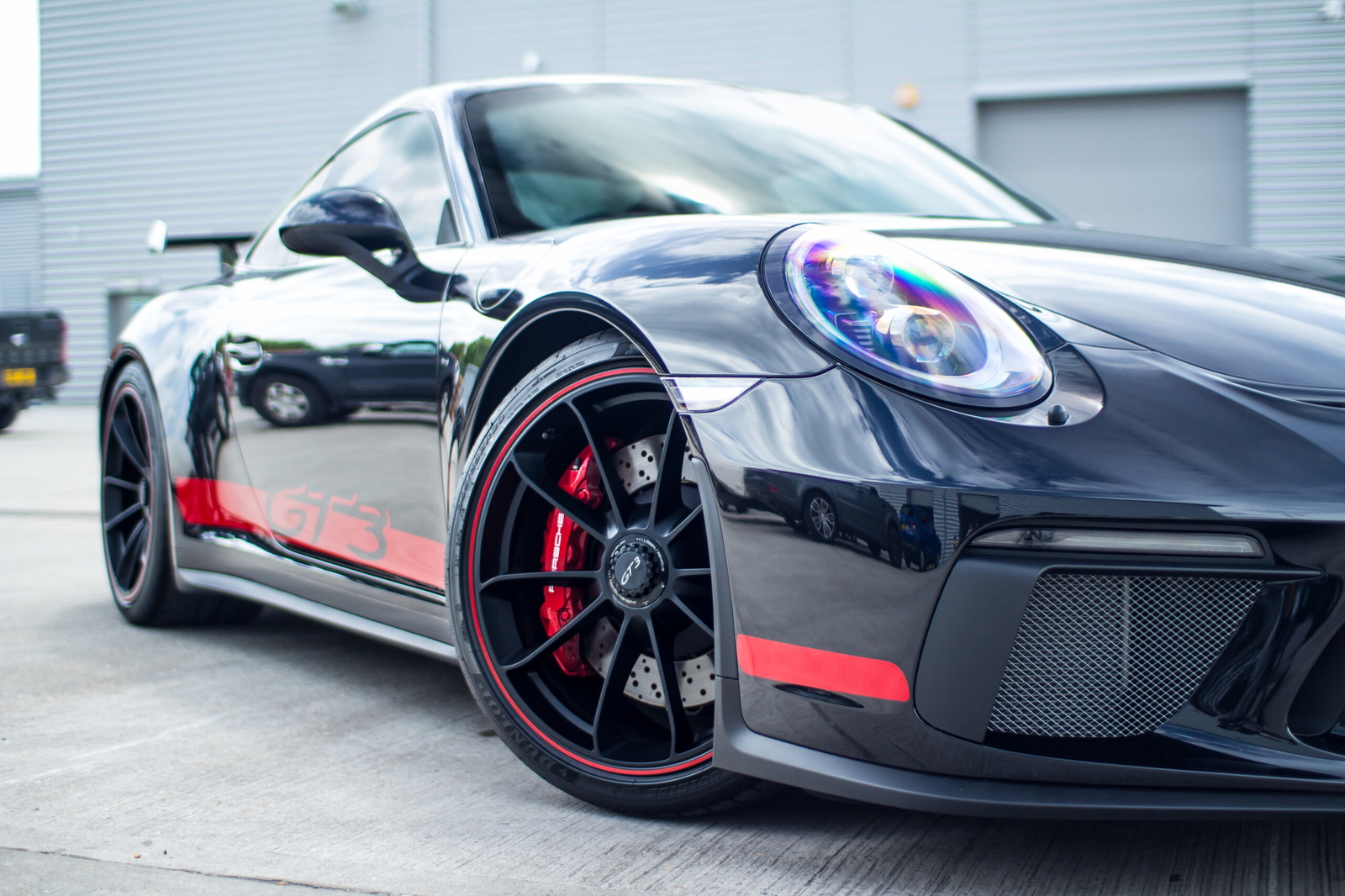- Bodyshop Case Studies
Supercar Bodyshop Repairs: What to Expect After an Accident | GVE London – Blog
Ensure your supercar's performance, safety, and value with expert repairs at a specialized bodyshop like GVE London, from assessment to final inspection.
Accidents can be unsettling, particularly when they involve high-performance supercars. These vehicles are not just about luxury and speed, they also represent significant investments and intricate engineering.
When an accident occurs, ensuring that your supercar receives the right repairs is crucial for maintaining its performance, safety, and value. You have to visit a reliable supercar bodyshop for this. Here’s what to expect when taking your supercar to a bodyshop.
1. Initial Assessment and Inspection
The repair process begins with a thorough assessment of the damage. At a specialised supercar bodyshop like GVE London, technicians will first perform a detailed inspection to determine the extent of the damage.
This includes checking the bodywork, chassis, suspension, and internal components. Unlike standard vehicles, supercars often use advanced materials such as carbon fibre and aluminium, which require specific expertise and equipment for accurate diagnosis and repair.
2. Estimating Repair Costs
Once the assessment is complete, the bodyshop will provide a detailed estimate of the repair costs. This estimate covers parts, labour, and any additional services required.
For supercars, repairs can be significantly more expensive due to the high cost of parts and the specialised skills needed. The bodyshop may also need to order parts from the manufacturer, which could affect the repair timeline.
3. Disassembly and Detailed Inspection
After approving the estimate, the repair process proceeds with the disassembly of damaged parts. This step is critical for identifying hidden damage that may not be visible during the initial inspection.
Supercar bodyshop repairs need state-of-the-art tools and techniques to carefully disassemble and inspect the vehicle, ensuring that every component is checked for damage.
4. Structural Repairs and Alignment
One of the most crucial aspects of supercar repairs is addressing any structural damage. Supercars often have complex chassis structures designed for optimal performance.
Repairs may involve realigning or replacing structural components to restore the vehicle to its original specifications. Advanced alignment equipment ensures that the chassis and suspension are correctly adjusted, which is essential for maintaining the vehicle’s handling and safety.
5. Bodywork and Paint Restoration
With structural repairs complete, attention turns to the bodywork. Supercar bodyshops employ skilled technicians who can handle high-quality paintwork and body repairs.
The use of advanced materials like carbon fibre requires specialised knowledge to ensure that repairs are seamless and that the structural integrity of the vehicle is maintained. Paint matching is also a critical task, as supercars often come in unique, custom colours that require precise colour-matching techniques.
6. Component Replacement and Testing
Replacing damaged components is a meticulous process, especially for supercars, where every part is engineered for high performance. This may include replacing parts like the front splitter, rear diffuser, or specialised aerodynamic elements.
Once replaced, these components are carefully tested to ensure they meet the manufacturer’s specifications. The bodyshop will also conduct extensive testing to verify that all systems, such as electronics and sensors, are functioning correctly.
7. Quality Control and Final Inspection
Before the supercar is returned to you, it undergoes a rigorous quality control process. This includes a final inspection to ensure that all repairs meet the highest standards.
Technicians check for any imperfections in the bodywork, paint, and overall finish. The vehicle is also subjected to test drives to confirm that it performs as intended and that no issues remain from the accident.
8. Post-Repair Follow-Up
After completing the repairs, the bodyshop should provide a detailed report outlining the work done. This report includes information on parts replaced, repairs performed, and any warranties on the work.
Many bodyshops also offer follow-up services to address any concerns or issues that may arise after the vehicle is returned. This is especially important for supercars, where the performance and handling must be restored to their optimal state.
9. Understanding Insurance and Warranty Considerations
When dealing with supercar repairs, understanding your insurance coverage is essential. High repair costs and specialised services may require coordination with your insurance provider. Additionally, ensure that the repairs do not void any manufacturer warranties. A reputable supercar bodyshop will help navigate these aspects to protect your investment.
10. Maintaining Your Supercar
Once repairs are complete, maintaining your supercar is crucial to ensuring its longevity and performance. Regular maintenance and careful driving can help preserve the integrity of the repairs and keep your vehicle in top condition.
Conclusion
Supercar bodyshop repairs involve a detailed and specialised process designed to restore your vehicle to its pre-accident condition. From initial assessment to final inspection, every step is critical to ensuring that your supercar performs safely and efficiently.
By choosing a bodyshop like GVE London with expertise in handling high-performance vehicles, you can be confident that your supercar will return to its best, ready to deliver the thrilling driving experience you expect. Also, you get servicing, detailing, wrapping, modifications, customisations, etc. for your supercar.
Frequently Asked Questions
The first step is to have your supercar assessed by a specialised bodyshop. They will inspect the damage and provide a detailed repair estimate before proceeding with any work.
Repair costs are estimated based on the extent of damage, parts needed, and labour required. Supercar repairs can be more expensive due to high-cost parts and specialised skills.
Disassembly involves carefully removing damaged parts to inspect underlying damage. This process is crucial for identifying all issues, especially in complex supercars with advanced materials.
Contact Us
"*" indicates required fields
OUR SERVICES
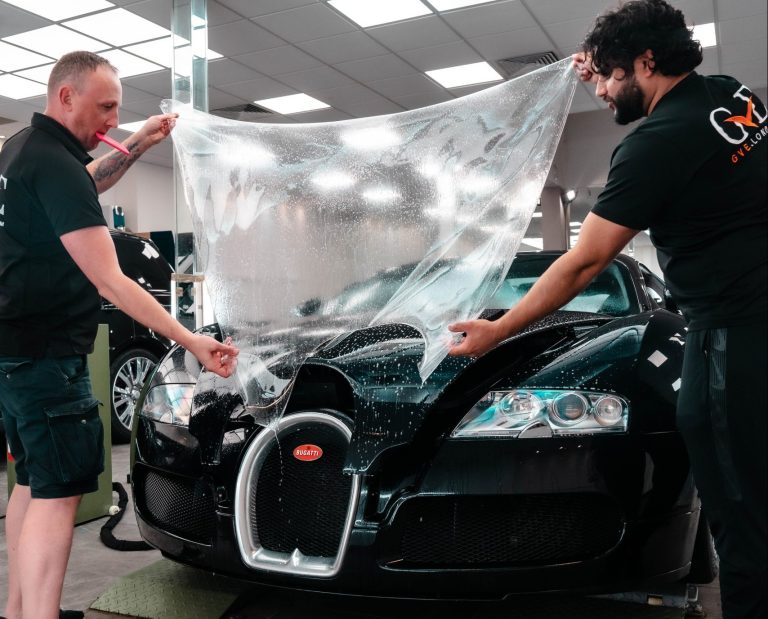
PAINT PROTECTION FILM
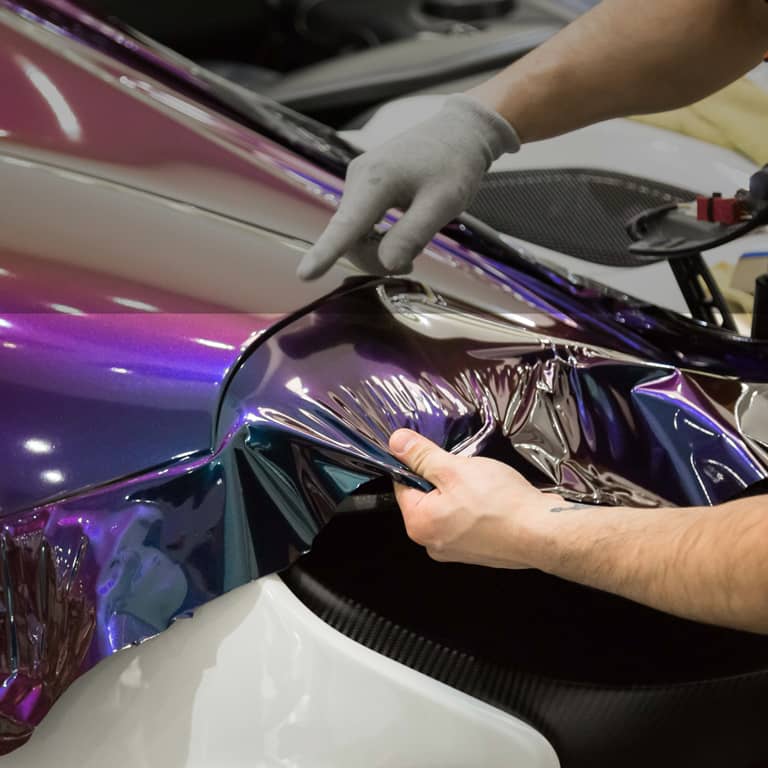
WRAPPING
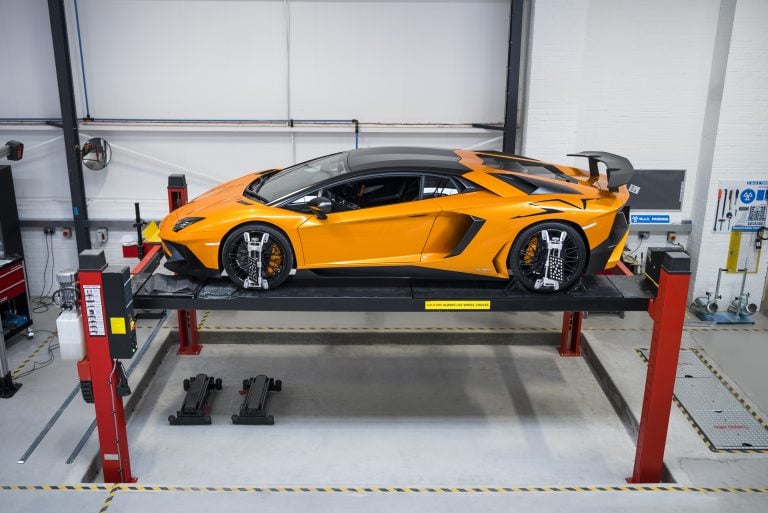
SERVICING
